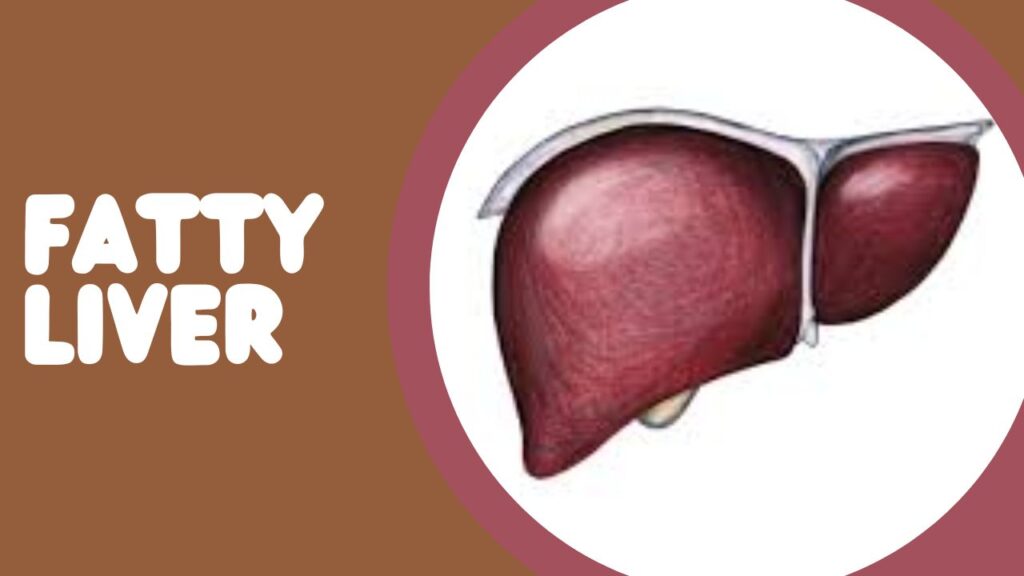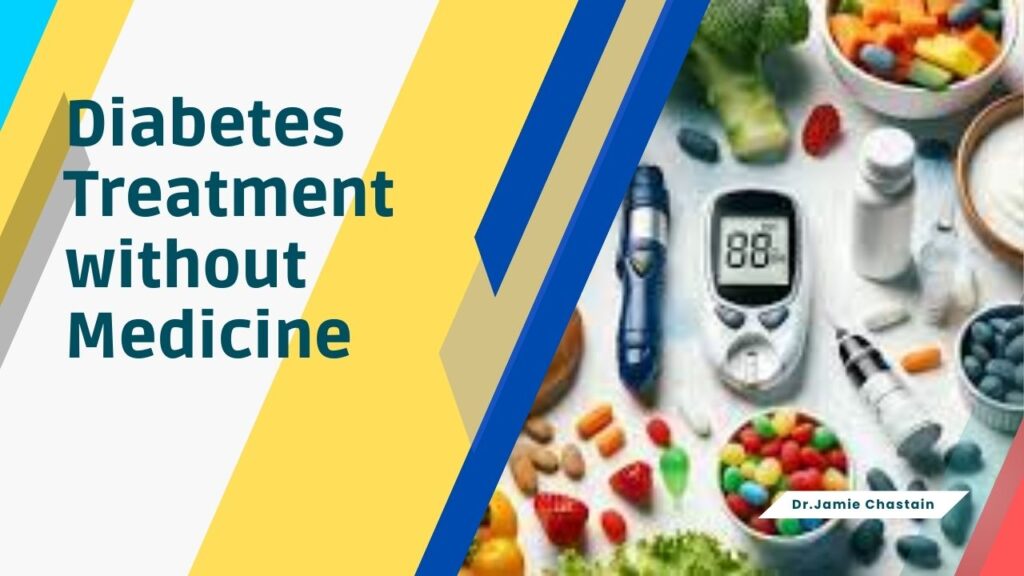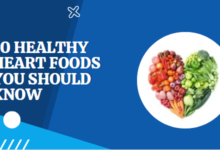Latest Information About Fatty Liver 2023

Fatty liver disease is a prevalent condition affecting a significant portion of the global population. Despite its common occurrence, there’s often confusion about its classification, with alcoholic liver disease and non-alcoholic liver disease being the two primary types. In this comprehensive guide, we’ll explore the causes, symptoms, and treatment options for fatty liver disease.
Alcoholic liver disease, as the name suggests, is linked to excessive alcohol consumption. The toxins present in alcohol pose a substantial threat to liver health, making it a distinct category of liver disease. On the other hand, non-alcoholic liver disease affects individuals who don’t consume alcohol excessively. This form of the disease has various causes, including genetics, insulin resistance, obesity, viral infections, and environmental factors.
The Impact on Liver Function
The liver, the body’s second-largest organ, plays a crucial role in metabolism, hormone regulation, and immune system control. In cases of fatty liver disease, the liver’s metabolic functions are compromised. As the liver replaces its cells, excess fat is released into the abdominal cavity, leading to enlargement, particularly noticeable in individuals with a larger abdominal circumference.
Contrary to common assumptions, thin individuals may face a higher risk of severe outcomes related to fatty liver disease. Due to the lack of visible symptoms in those with smaller abdominal sizes, they may unknowingly subject themselves to continuous liver damage by consuming unhealthy foods. The importance of recognizing symptoms such as nausea, stomach pain, arm pain, itching, and loss of appetite cannot be overstated.
Fatty liver disease, if left unchecked, can progress to inflammation and the development of scar tissue on the liver. This can lead to a more severe condition known as liver cirrhosis, where the liver’s essential functions are compromised. The liver’s ability to purify the blood, regulate hormones, and control toxins diminishes, posing significant health risks.
Role of Cortisol and Estrogen
In examining the physiological aspects, the liver plays a crucial role in regulating hormones like cortisol and estrogen. In fatty liver disease, cortisol levels can increase, affecting fat deposits in the body. Additionally, imbalances in estrogen levels contribute to conditions like Estrogen Dependent Cancer, further emphasizing the systemic impact of liver health.

Another surprising revelation is the association between fatty liver disease and sugar metabolism. While glucose alone doesn’t spike insulin significantly, excessive fructose – found in high amounts in certain foods – overwhelms the liver’s ability to metabolize it. This can indirectly contribute to insulin spikes, leading to fat production and deposition in the liver.
Foods to Avoid and Embrace
Understanding which foods to avoid is crucial for preventing and managing fatty liver disease. Trans fats found in hydrogenated oils, as well as certain vegetable oils, can burden the liver. On the flip side, embracing saturated fats in moderation, such as those found in desi ghee, supports bile production and aids liver function.
Fatty Liver Treatment
Addressing fatty liver disease requires a holistic approach. Incorporating essential nutrients like choline, found in egg yolks, grass-fed dairy, and meats, can aid in fat breakdown and liver reversal. Magnesium supplements are recommended for cases involving enzyme deficiencies, while broccoli and walnuts offer additional liver-protective benefits.
Dietary Recommendations for Fatty Liver
Optimal nutrition plays a pivotal role in combating fatty liver disease. Including fat-breaker fruits like grapefruit, blood purifiers such as beetroot, and detoxifiers like lemon water and green tea can support liver function. High-fiber foods like apples and pears help reduce bad cholesterol, promoting overall liver health.
You May Also Like Easy Chocolate Cupcake Recipe 15 Mins
In conclusion, fatty liver disease is a complex condition with far-reaching implications for overall health. By understanding its causes, and symptoms, and adopting a comprehensive treatment approach, individuals can take proactive steps toward liver health. Embracing a balanced diet, avoiding harmful substances, and incorporating liver-friendly foods can contribute significantly to the prevention and management of fatty liver disease.



